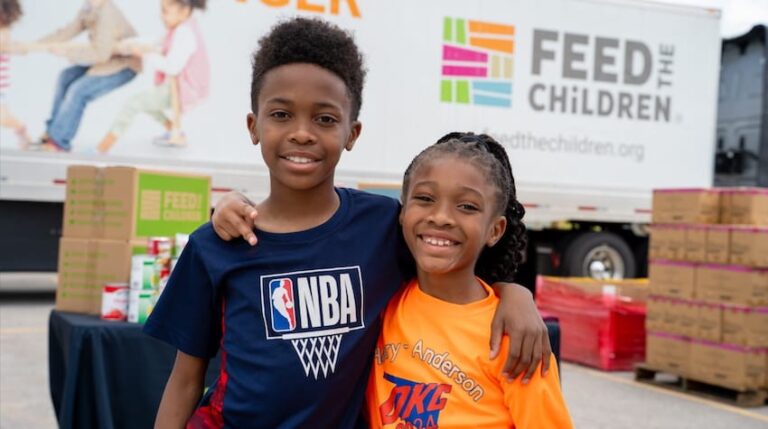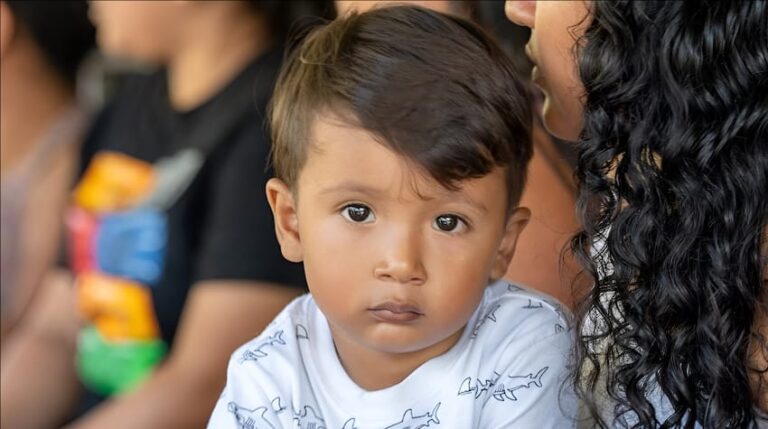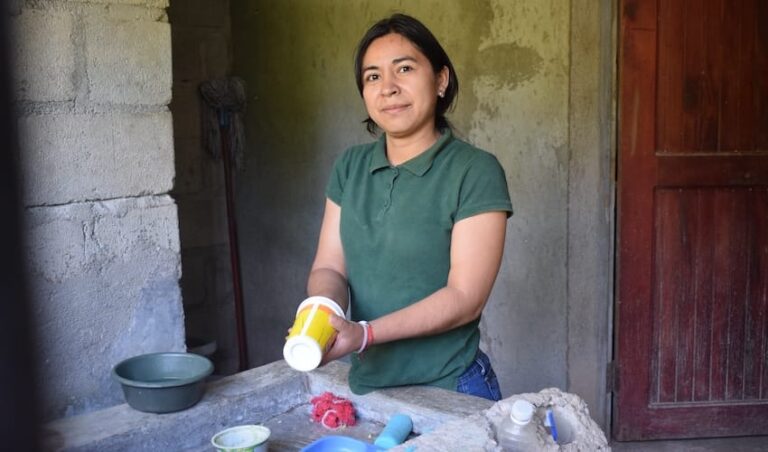
Breaking the Cycle of Poverty
“Anyone who has ever struggled with poverty knows how extremely expensive it is to be poor.”
James Baldwin
Nearly 12% of Americans live in poverty, according to the US Census Bureau. This number alone is cause for concern, as it means that around 38 million people in this country, including children, are currently living without the ability to cover their basic needs. Even more alarming, though, is the nature of poverty in America – sometimes called the cycle of poverty.
The cycle of poverty refers to the fact that, despite the American promise of upward socioeconomic mobility, children who are born into or grow up in poverty are more likely to remain so as adults. They’re also more likely to experience health issues, and less likely to attain a high school education.
Breaking the cycle of poverty for everyone will require breaking the stereotypes about the people trapped within it. It’s an unfortunately common misconception that people in poverty remain there because they simply don’t work hard enough. The reality is far more complicated.
Take Ava, for example. The single mom to a four-year-old old, Ava lives in Atlanta, Georgia, and is a fulltime healthcare worker. She’s a renter, and although she has dreams of owning a home, says, “It’s just so difficult with inflation. You’re not able to save because everything’s going towards food and necessities.”
Antonio, another Atlanta parent, echoed her sentiments: “It’s stressful. First priority is going to be paying for food and water – what we survive on.”
Both Ava and Antonio are doing the right thing in making sure their families have the essentials. But rising costs have trapped them in a pattern of living paycheck to paycheck, unable to get ahead. And here’s where James Baldwin’s observation on the expensive nature of poverty proves true: if you don’t have enough money to put into savings or set aside for emergencies, any small, unexpected expense can easily turn into something more costly.
Adeline and her husband were raising their three grandkids. They budgeted carefully, relying on her husband’s income and Adeline staying home to save money on childcare – until a work injury cost him his job. Bills and expenses quickly piled up, even as Adeline hunted for work. By the time she got an interview callback, they’d already had to make cuts and prioritize certain necessities over others. They had food and a home – but they had fallen behind on car insurance. Adeline needed a car to drive to the interview but was hesitant to drive without a street-legal vehicle.
That missed insurance payment could easily have cost the family far more in the long run, had it resulted in her missing the interview. Fortunately, a friend and volunteer from the food pantry she’d been using for support loaned her enough money to cover the insurance payment. Adeline got the job and is now working as a store manager, working her way back up.
And that’s the good news about the poverty cycle: it isn’t unbreakable. Sometimes, all it takes is a little support from the outside – someone to reach in and bridge the gap between a missed paycheck or family emergency, or simply ensure that a family’s basic needs are met so that they can start to get ahead, instead of cycling through yet another month at bare minimum.
A world where the poverty cycle no longer exists is a happier, healthier world for everyone. It’s one we’re working towards every day, by providing food and essentials to those without. And with your support, it can become a reality!






